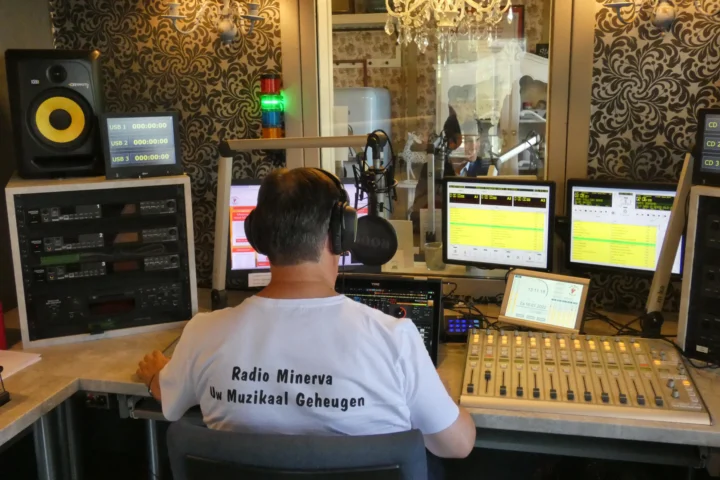No new police zones have been able to link their automatic number plate recognition (ANPR) cameras to Belgium’s national database since May 2023. The platform, launched in 2018 to support the fight against organised crime, has become overloaded and unstable.
“A system that is essential in the fight against organised crime is not working properly,” Groen MP Matti Vandemaele told Interior minister Bernard Quintin of MR during a parliamentary meeeting on Monday.
Quintin confirmed that 70 police zones currently had cameras connected to the platform. However, growing numbers of access requests and the increasing amount of stored images have led to serious technical strain, making the system “unstable”.
To prevent a total shutdown, Quintin said it was decided in May 2023 to stop adding new cameras to the network.
Delays in transmission
Previous parliamentary responses have already disclosed that the platform has been unavailable for an average of 15 days each year due to technical problems. During outages or updates, recorded images are not immediately transmitted to the national database but are instead stored temporarily and sent later.
In a press release, Vandemaele said that while it was once expected the system would be fully operational again by early 2025, that timeline is now off the table. While Quintin said that improving the platform remained “an essential objective” over the next two years, Vandemaele urged him to tackle the problem as a priority.
Own systems
In the meantime, some police zones, like Antwerp, have started building their own parallel systems. However, according to parliamentary documents, the federal police have no oversight of these local networks.
Vandemaele criticised the growing fragmentation, warning that it “complicates cooperation between police zones”.
He also highlighted another concern: some zones appear to be profiting commercially from their independent systems. “We see a perverse situation developing in which the government first fails to offer a working system, after which other government services fill this gap commercially at the expense of the taxpayer,” he said.












